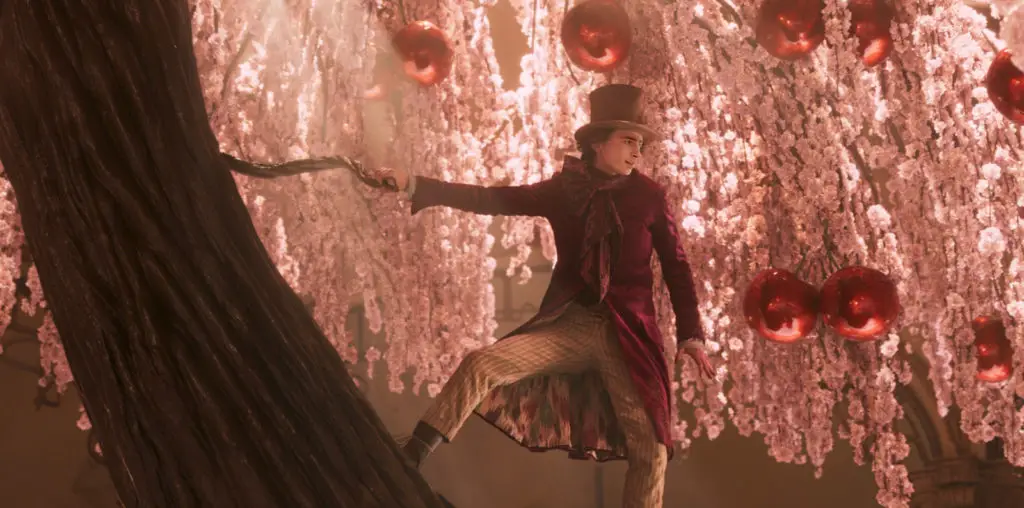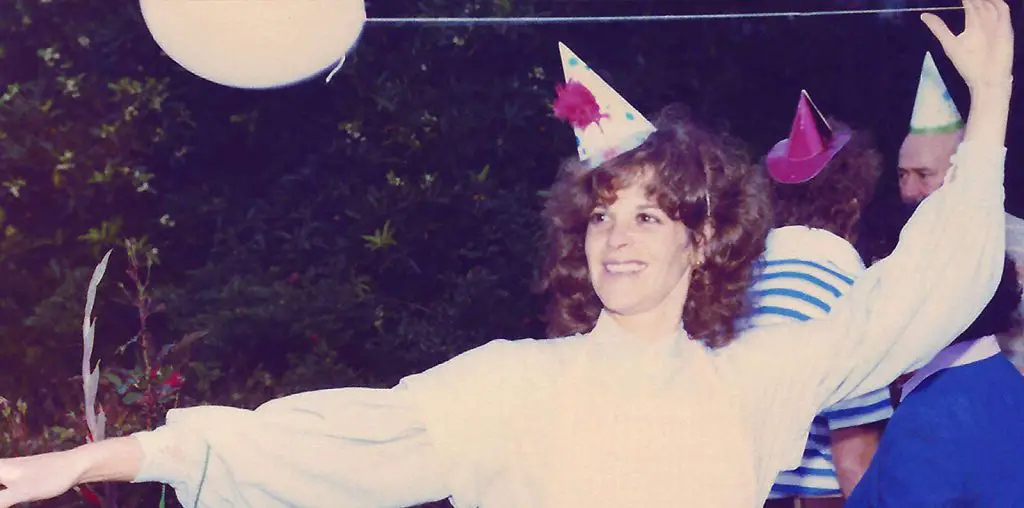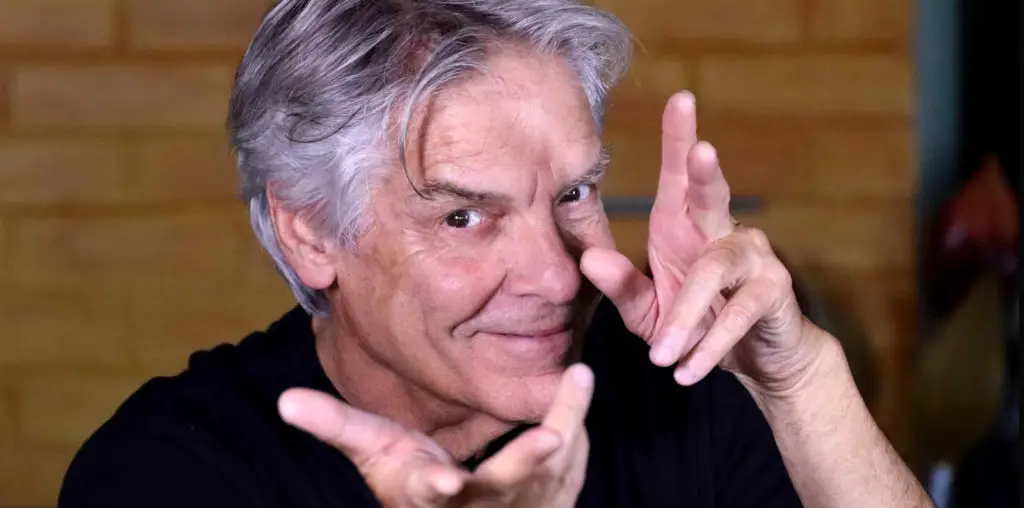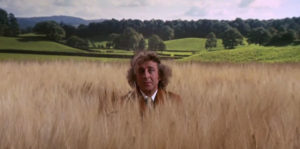
Director Ron Frank opens Remembering Gene Wilder with Gene Wilder in his iconic role as Willy Wonka. Frank, aided by writer Glenn Kirschbaum, takes us on a magical journey through the early days of Wilder onstage and his life. The beloved actor got his big break when, by pure luck, he was in a play with Anne Bancroft, the wife of a young filmmaker named Mel Brooks. Bancroft suggested Brooks should see Wilder as she felt he was the perfect choice to play a character in a movie Brooks was writing called Springtime for Hitler. That title didn’t stick, of course, as the film became Brooks’ classic The Producers.
Luck got Wilder that role, but talent and drive kept him in the spotlight for years as he created one memorable and cherished role after another. This includes the aforementioned Willy Wonka in Mel Stuart’s Willy Wonka and the Chocolate Factory, from a screenplay written by Roald Dahl. Other hit comedies such as Blazing Saddles, Young Frankenstein, and Silver Streak are also on Wilder’s filmography. The list of iconic parts goes on and on. Wilder became close friends with Brooks, who is featured heavily in interviews and voice-overs. We hear the voice of Wilder from various source materials edited in for commentary.
Wilder’s childhood is shown. Back then, he was known as Jerome Silberman from Milwaukee. Then, we follow his career and personal life as an adult. Wilder set his sights on making people laugh. In his off-screen life, most famously, he was married to original Saturday Night Live “Not Ready for Prime Time Players” star Gilda Radner. Wilder struggled after her death from ovarian cancer in 1989. His gentle nature was often informed by trauma and tragedy. The comedy and success always seemed to be offset by some dark moment. Later, he married Karen Boyer, whom he called the love of his life.
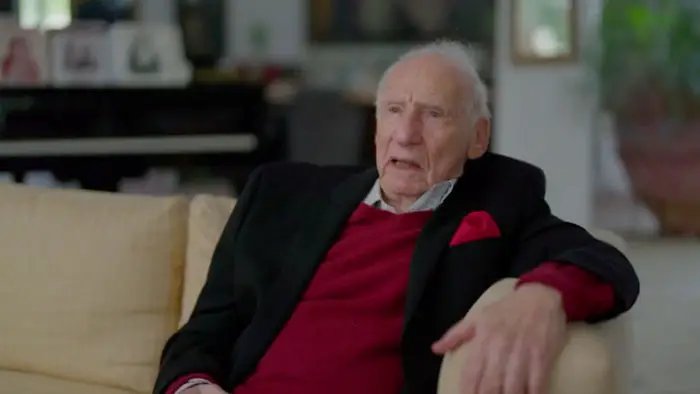
“…a magical journey through the early days of Wilder onstage and his life.”
I will avoid going into too much detail about the chapters of Wilder’s life discussed in Remembering Gene Wilder. Doing so would deny the viewer the joy of experiencing them firsthand by watching for themselves, which everyone should definitely do. Interviewees include Mel Brooks, Harry Connick Jr., Carol Kane, Alan Alda, and Peter Ostrum, who played Charlie Bucket in Willy Wonka and the Chocolate Factory.
The film is a love letter to and about the beloved actor, who died in 2016 after suffering for several years with Alzheimer’s disease. As Wilder struggled with the progressing disease, he kept it private because he did not want children to think Willy Wonka was sick, according to a statement from his nephew Jordan Walker-Pearlman: “The decision to wait until this time to disclose his condition wasn’t vanity, but more so that the countless young children that would smile or call out to him ‘there’s Willy Wonka,’ would not have to be then exposed to an adult referencing illness or trouble and causing delight to travel to worry, disappointment, or confusion. He simply couldn’t bear the idea of one less smile in the world.“
Remembering Gene Wilder is a beautiful, affectionate, albeit brief, biography of an actor who was adored by all. Wilder had a wide range of talents and an unparalleled will to be weird. He was also, by all accounts, a lovely person. We are lucky enough to have his films to remember Wilder by, so he’s never really gone. Now, we can add this tribute to the list of ways to visit Gene Wilder whenever we desire.
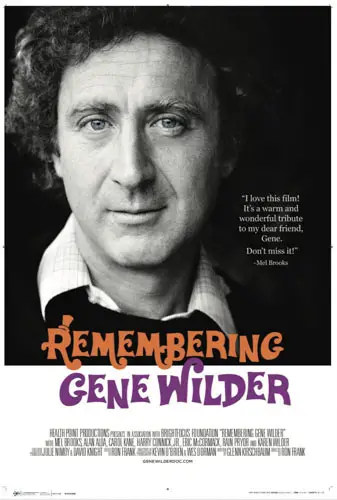
"…beautiful, affectionate..."
